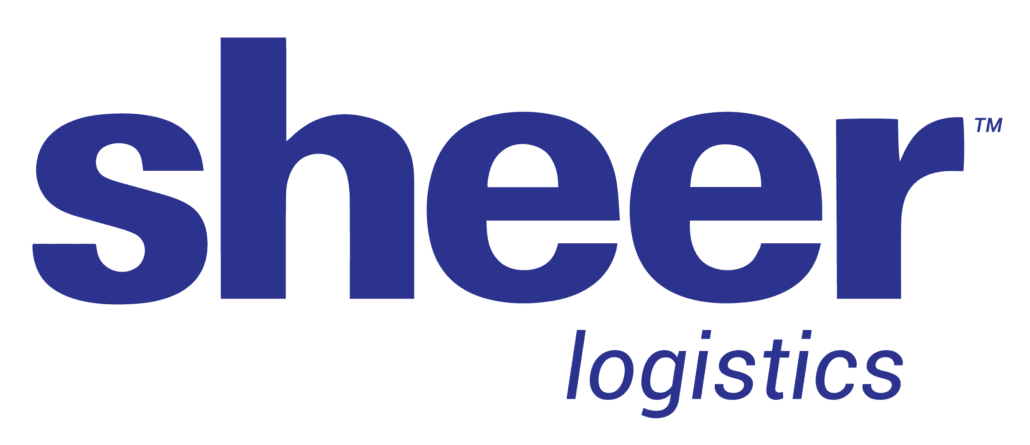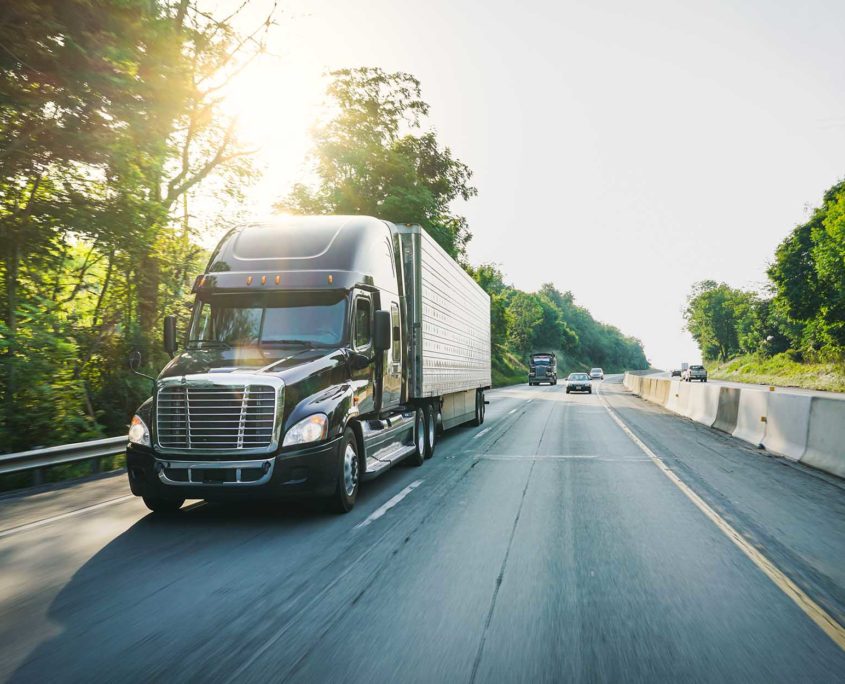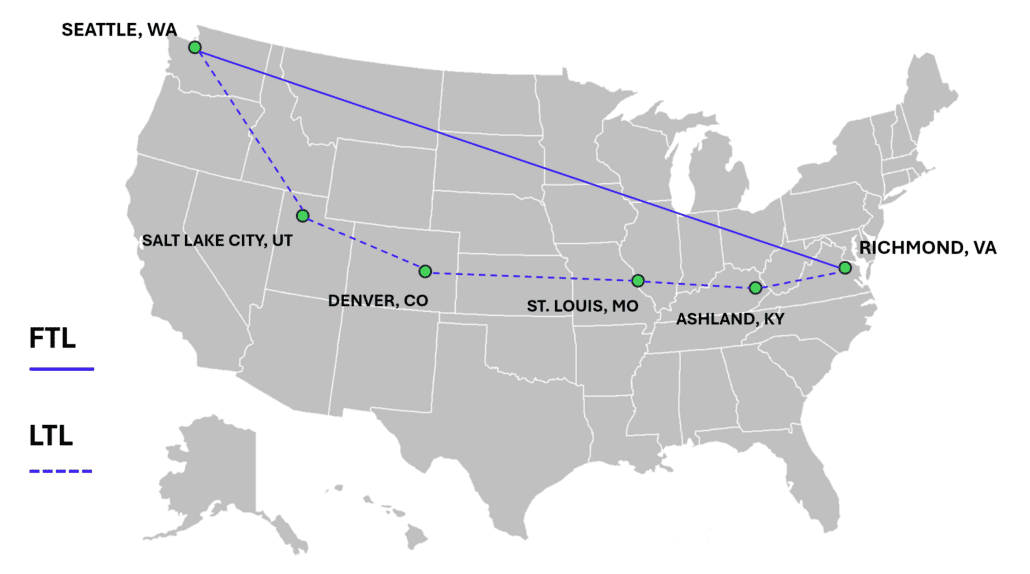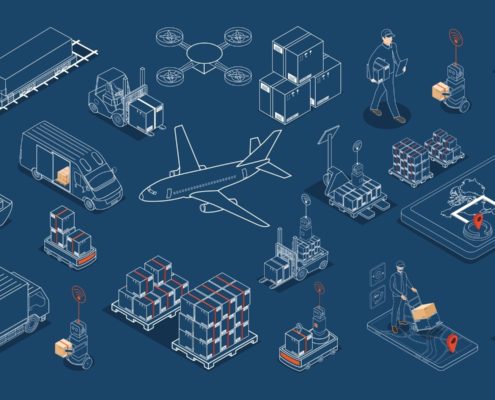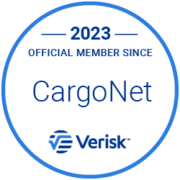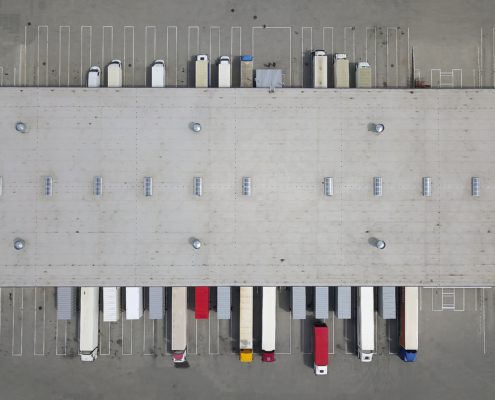
What Are the Advantages of Using Full Truckload?
- Faster transit times: Because truckload shipping goes directly from the origin to the destination, travel times are faster as compared to Less-Than-Truckload (LTL), partial truckload, or rail.
- Risk Mitigation: Goods are loaded and unloaded only once (unlike the LTL hub-and-spoke model), reducing the risk of lost, damaged, or stolen goods.
- Cost-Effectiveness: Compared to other modes of transportation such as LTL shipping or air freight, truckload shipping is very economical.
- Control: Because the entire truck is dedicated to a single shipper’s load, shippers have greater control over the shipment. This also makes truckload shipping a more secure option.
- Simplicity: Truckload presents a simple, point A to point B solution for shippers.
- Visibility: Compared to modes such as LTL, truckload shipping offers shippers greater visibility to the shipment in transit.
When to Choose FTL?
Shippers should consider using full truckload when:
-
- The volume of the shipment is large enough to fill most or all of a trailer. Generally speaking, for shipments of 10 pallets or more, full truckload will be the more cost-effective option.
- The shipment is too time-sensitive to utilize LTL or rail, but not time-sensitive enough to require expedite service. Truckload carriers can also offer guaranteed delivery times, which is especially important for deliveries into large retailers, such as Walmart and Target, that will penalize shippers for early and late deliveries.
- The shipment has a higher risk of damage or theft. Dedicated trucks provide added security and minimize the risk of lost, stolen, or damaged foods through loading and unloading.
- The shipper has a regular cadence of high-volume shipments. Shippers, or 3Pls acting on their behalf, can negotiate cost-savings through volume discounts with carriers.
What is the Maximum Weight Capacity of a Full-load Truck?
In the U.S., the maximum gross vehicle weight (GVW) of a standard 5-axle semi-truck and trailer (dry van) is 80,000 lbs. This includes the weight of the vehicle and its cargo. A semi-truck can typically haul about 45,000 lbs. of cargo, depending on the weight of the tractor and trailer.
Industries Favoring FTL
Shippers have many shipping options, but full truckload is the preferred choice for any shipper that requires the transportation of large quantities of goods, fast and direct delivery, or is shipping fragile or high-value/high-risk items. Here are some industries for which full truckload freight is particularly advantageous vs. other modes of transportation:
- Retail
- E-commerce
- Manufacturing
- Food and Beverage
- Automotive
- Pharmaceuticals and Healthcare
- Construction
- Consumer Packaged Goods (CPG)
- Agriculture
- Technology and Electronics
- Paper and Packaging
Picking the Best FTL Carrier
Selecting the best truckload carrier for your shipping needs can be a complicated process, requiring the evaluation of many facets of a carrier’s operation and performance. The sheer number of truckload carriers in operation only makes the selection process more challenging. As of April 2023, there were more than 750,000 active carriers that own or lease at least 1 truck in the U.S. Nearly 96% of these carriers own 10 or fewer trucks, making the truckload industry a highly fragmented space. For this reason, and others, many shippers opt to work with transportation-focused 3PLs, like Sheer Logistics. Sheer Logistics maintains relationships with a large, curated carrier network of high-performing trucking companies and routinely evaluates their pricing, performance, service, technology, expertise and safety records to ensure our clients needs and objectives are being met. Whether your company selects its own carriers or works with a 3PL, here are some key factors to consider:
- Experience and Expertise
- Reputation and Reliability
- Service Capabilities
- Cost and Pricing Structure
- Technology, including tracking capabilities
- Customer Service
- Safety and Compliance
- Capacity and Flexibility
- Insurance and Liability
- Sustainability Practices
For shippers that regularly transport large volumes of goods, full truckload (FTL) shipping offers a reliable and efficient solution. By dedicating an entire trailer to a single shipment, shippers can benefit from faster transit times, reduced risk of damage, cost-effectiveness, and greater control over their freight. Whether you are in retail, manufacturing, food and beverage, or any other industry requiring substantial and secure transport, understanding how FTL shipping works and selecting the right carrier are crucial steps in optimizing your supply chain. To learn more, please contact Sheer Logistics today.
